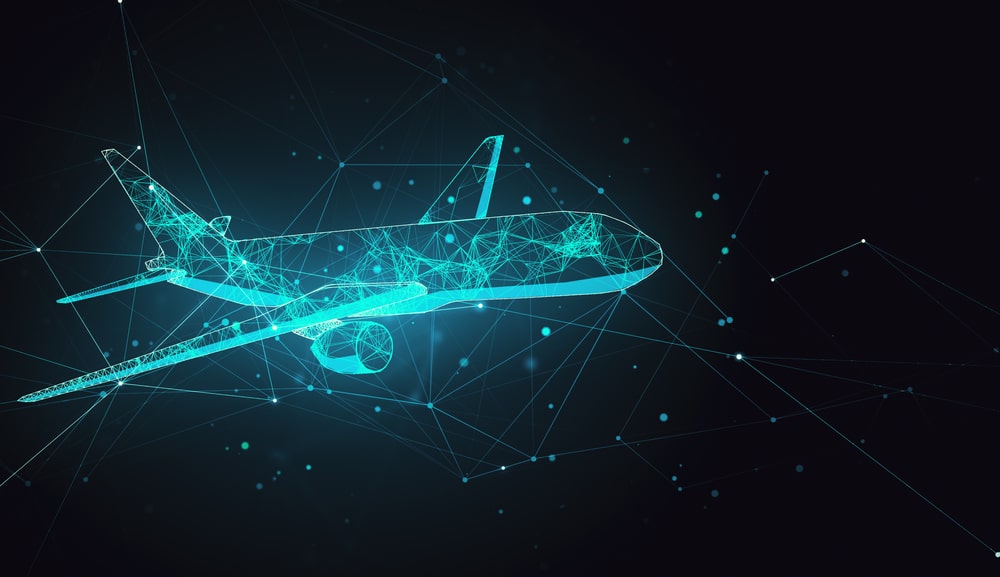
United, Alaska and American Airlines are just some of the many US operators who are developing A.I. capabilities to help improve their operations, according to a report in the New York Times.
A.I. is being used to improve all aspects of an airline’s operation, from identifying the most efficient flying route to handling large volumes of customer support.
“As a customer and a business person, this is one of the biggest technology disruptions in the last five to eight years”, said Jitender Mohan of WNS, a technology consulting company, speaking to the NY Times.
He adds that A.I. is set to change every aspect of the customer's flying experience, from baggage tracking to personalised in-flight entertainment.
Since 2021, Alaska Airlines has been using A.I. to help plan more efficient flying routes. Two hours before a flight is due to take off, the company’s own system will determine the most efficient flying route.
To do this, the system relies on A.I. to review weather conditions, any airspace closures along with trawling through all commercial and private flights, as registered with the Federal Aviation Administration (FAA).
In 2023, 25% of all Alaska flights used this system to shave minutes off their flight time. These efficiencies added up to 41,000 minutes of flight time and a half a billion gallons of fuel saved, according to Vikram Baskaran, Vice President of Information Technology Services, at Alaska Airlines.
American Airlines and other US airlines have been working on an A.I. powered gating system called “Smart Gating”, which sends aircraft to the nearest available gate with the shortest taxying time.
Alternatively, if the scheduled gate is in use, then the system quickly suggests an alternative.
American rolled out Smart Gating to Dallas Fort Worth International Airport in 2021 and is now available at six airports including Miami International and Chicago O’Hare.
Smart Gating has saved 17 hours a day in taxi time and 1.4 million gallons of jet fuel a year according to American’s estimates.
Generative A.I. is being further leveraged by airlines to communicate with passengers, allowing them to respond accurately and instantly to issues such as giving customers information on why their flights are delayed.
The technology offers an instant summary of emails, helping customer support teams to prioritise which messages need to be dealt with immediately.
Deploying such a system will help improve airlines’ relationships with their customers, who feel that they are being listened to, helping to boost an airline’s brand and reputation in the longer term.
However, there are some shortcomings with this innovative technology, as was demonstrated in the Air Canada case in 2022.
The case revolved around an Air Canada chatbot, which incorrectly promised a traveler that if he booked a full-fare flight to a relative’s funeral, he would be entitled to a bereavement fare after the fact.
Despite arguing that the bot was “responsible for its own actions,” Air Canada was ordered to pay $800 in damages and fees at a tribunal case, after the traveler filed suit against the airline.
The case is a warning sign that for all the benefits of technology, there remains a need for human oversight to ensure that any A.I. powered system is running correctly.

Related Articles
Aviation
Aviation
Aviation